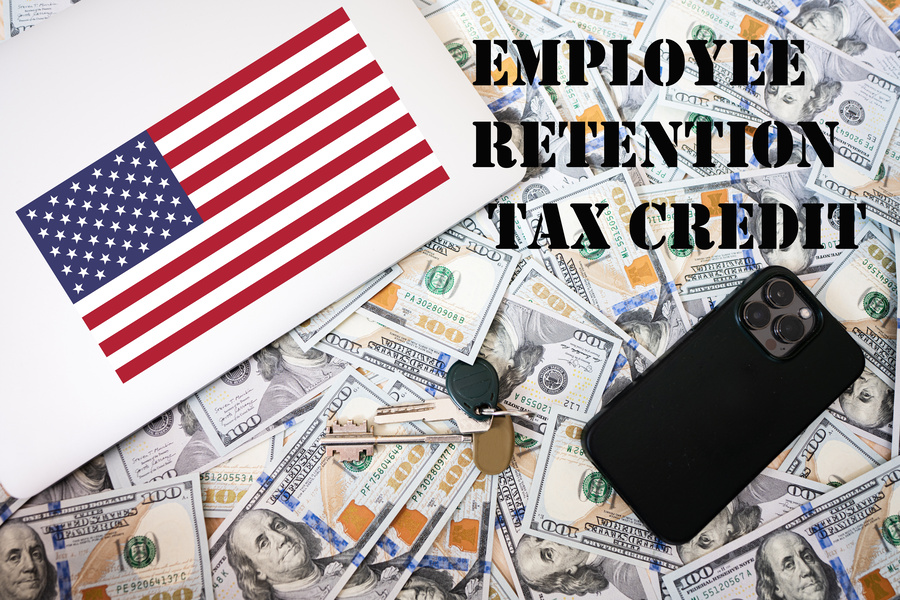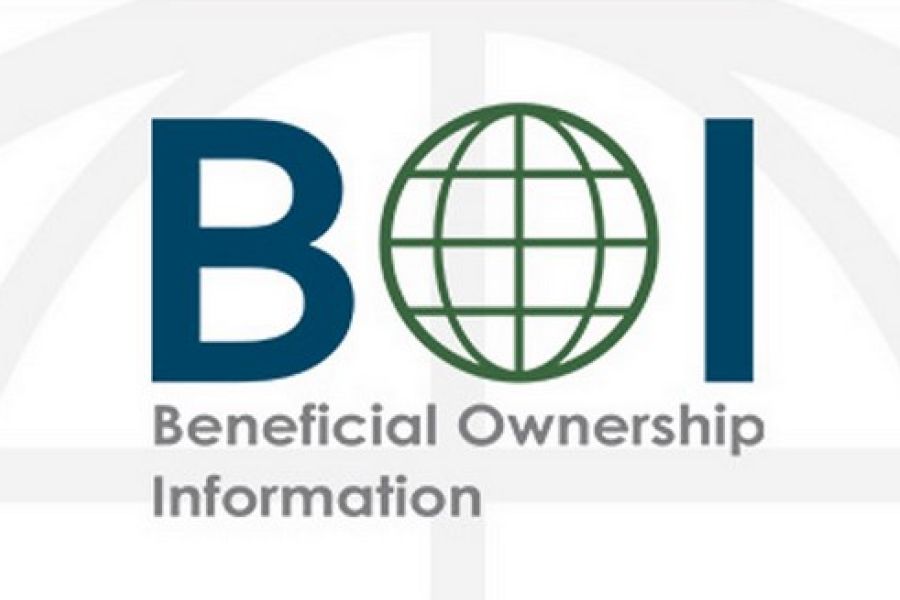Are you starting a business with partners and deciding on the right entity? An S corporation might be the best choice for your new venture. One benefit of an S corporation One major advantage of an S corporation over a partnership is that shareholders aren’t personally liable for corporate debts. To ensure this protection, it’s crucial to: Adequately finance the corporation, Maintain the corporation as a separate entity, and Follow state-required formalities (for example, by filing articles of incorporation, adopting bylaws, electing a board of directors and holding organizational meetings). . Handling losses If you anticipate early losses, an S corporation is more favorable than a C corporation from a tax perspective. Shareholders in a C corporation generally don’t benefit from such losses. However, as an S corporation shareholder, you can deduct your share of losses on...

Prior to the enactment of the Tax Cuts and Jobs Act (TCJA), businesses were able to claim a tax deduction for most business-related interest expense. The TCJA created §163(j), which generally limits deductions of business interest, with certain exceptions. If your business has significant interest expense, it’s important to understand the impact of the deduction limit on your tax bill. The good news is there may be ways to soften the tax bite in 2025. The nuts and bolts Unless your company is exempt from §163(j), your maximum business interest deduction for the tax year equals the sum of: 30% of your company’s adjusted taxable income (ATI), Your company’s business interest income, if any, and Your company’s floor plan financing interest, if any. . Assuming your company doesn’t have significant...
As a business owner, you may be eligible to claim home office tax deductions that will reduce your taxable income. However, it’s crucial to understand the IRS rules to ensure compliance and avoid potential IRS audit risks. There are two methods for claiming this tax break: the actual expense method and the simplified method. Here are answers to frequently asked questions about the tax break. Who qualifies? In general, you qualify for home office deductions if part of your home is used “regularly and exclusively” as your principal place of business. If your home isn’t your principal place of business, you may still be able to deduct home office expenses if: You physically meet with patients, clients or customers on your premises, or You use a storage area...
On March 21, 2025, the IRS released updated FAQs and guidance that introduce a new process for taxpayers dealing with Employee Retention Tax Credit (ERTC) refunds, particularly when those refunds relate to wages paid in prior tax years like 2020 or 2021. This update aims to simplify reporting requirements and provide clarity for taxpayers who either received ERTC refunds or had their claims disallowed. Here’s a breakdown of what this means for you and how to handle your tax filings moving forward. . Background on ERTC and Wage Expenses The Employee Retention Credit, introduced as part of COVID-19 relief measures, allowed eligible businesses to claim a credit for qualified wages paid to employees. However, claiming the ERTC comes with a catch: taxpayers are generally required to reduce their...
If an individual taxpayer has substantial business losses, unfavorable federal income tax rules can potentially come into play. Here’s what you need to know as you assess your 2024 tax situation. Disallowance rule The tax rules can get complicated if your business or rental activity throws off a tax loss — and many do during the early years. First, the passive activity loss (PAL) rules may apply if you aren’t very involved in the business or if it’s a rental activity. The PAL rules generally only allow you to deduct passive losses to the extent you have passive income from other sources. However, you can deduct passive losses that have been disallowed in previous years (called suspended PALs) when you sell the activity or property that produced...
Businesses in certain industries employ service workers who receive tips as a large part of their compensation. These businesses include restaurants, hotels and salons. Compliance with federal and state tax regulations is vital if your business has employees who receive tips. Are tips becoming tax-free? During the campaign, President Trump promised to end taxes on tips. While the proposal created buzz among employees and some business owners, no legislation eliminating taxes on tips has been yet passed. For now, employers should continue to follow the existing IRS rules until the law changes — if it does. Unless legal changes are enacted, the status quo remains in effect. With that in mind, here are answers to questions about the current rules. How are tips defined? Tips are optional and can be...
A variety of tax-related limits that affect businesses are indexed annually based on inflation. Many have increased for 2025, but with inflation cooling, the increases aren’t as great as they have been in the last few years. Here are some amounts that may affect you and your business. . 2025 deductions as compared with 2024 Section 179 expensing: Limit: $1.25 million (up from $1.22 million) Phaseout: $3.13 million (up from $3.05 million) Sec. 179 expensing limit for certain heavy vehicles: $31,300 (up from $30,500) Standard mileage rate for business driving: 70 cents per mile (up from 67 cents) Income-based phaseouts for certain limits on the Sec. 199A qualified business income deduction begin at: Married filing jointly: $394,600 (up from $383,900) Other filers: $197,300 (up from $191,950) . Retirement plans in...
The nationwide price of gas is slightly higher than it was a year ago and the 2025 optional standard mileage rate used to calculate the deductible cost of operating an automobile for business has also gone up. The IRS recently announced that the 2025 cents-per-mile rate for the business use of a car, van, pickup or panel truck is 70 cents. In 2024, the business cents-per-mile rate was 67 cents per mile. This rate applies to gasoline and diesel-powered vehicles as well as electric and hybrid-electric vehicles. The process of calculating rates The 3-cent increase from the 2024 rate goes along with the recent price of gas. On January 17, 2025, the national average price of a gallon of regular gas was $3.11, compared with $3.08 a year earlier, according...
New and used “heavy” SUVs, pickups and vans placed in service in 2025 are potentially eligible for big first-year depreciation write-offs. One requirement is you must use the vehicle more than 50% for business. If your business usage is between 51% and 99%, you may be able to deduct that percentage of the cost in the first year. The write-off will reduce your federal income tax bill and your self-employment tax bill, if applicable. You might get a state tax income deduction too. Setting up a business office in your home for this year can also help you collect tax savings. Here’s what you need to know about the benefits of combining these two tax breaks. First, buy a suitably heavy vehicle The generous first-year depreciation deal is...
As posted to US Department of Treasury website on 3/2/25 The Treasury Department announced on 3/2/25 that, with respect to the Corporate Transparency Act, not only will it not enforce any penalties or fines associated with the beneficial ownership information reporting rule under the existing regulatory deadlines, but it will further not enforce any penalties or fines against U.S. citizens or domestic reporting companies or their beneficial owners after the forthcoming rule changes take effect either. The Treasury Department will further be issuing a proposed rulemaking that will narrow the scope of the rule to foreign reporting companies only. Treasury takes this step in the interest of supporting hard-working American taxpayers and small businesses and ensuring that the rule is appropriately tailored to advance the public...











